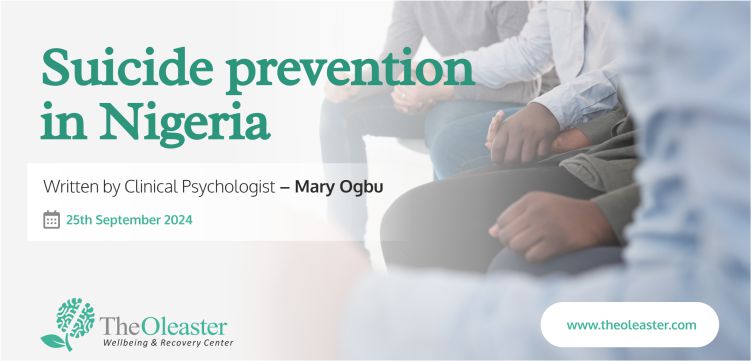
Suicide prevention in Nigeria
Written by Clinical Psychologist – Mary Ogbu 25th September 2024
What is suicide?
Suicide is the act of voluntarily and intentionally taking one’s own life. It is also defined as death caused by self-inflicted injury with the intent to die. A suicide attempt occurs when someone harms themselves with the intent to end their life, but does not die as a result of their actions.
Suicide is a complex and sensitive issue with profound consequences for families, communities, and society at large. In Nigeria, including in cities like Abuja, the topic remains taboo, often misunderstood, and highly stigmatized. Despite this, suicide is one of the leading causes of death worldwide, particularly among individuals with untreated mental health disorders.
If you or someone you know is struggling, don't wait.
Contact us now on 0915 215 5710 to speak with a mental health professional.
Your mental health matters.
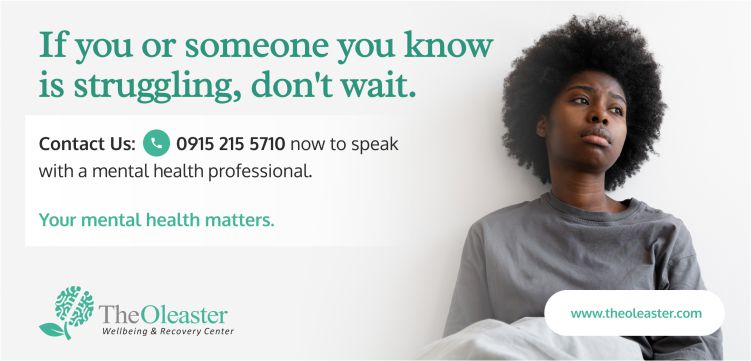
People from all age groups can be affected by suicidal thoughts, but vulnerable populations, especially those experiencing mental health disorders such as depression, are more at risk. Discriminated groups, victims of abuse, and those who have suffered from conflict, disasters, or loss may also be at higher risk. However, suicide is preventable through timely and low-cost interventions.
Approximately 700,000 people die from suicide each year globally, not including the millions of attempted suicides. According to the World Health Organization (WHO), for every completed suicide, there are at least 20 unsuccessful attempts. In Nigeria, the age-standardized suicide rate was 6.9 per 100,000 people in 2019, with male suicide rates notably higher than female rates.
Concerned about someone’s mental health?
Reach Out Today to explore how we can help.
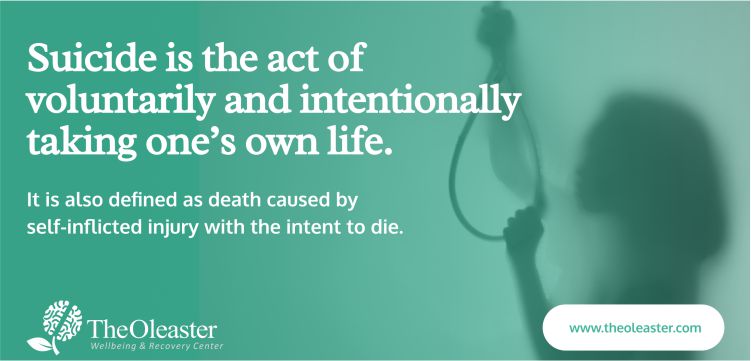
The Importance of Suicide Prevention
In Nigeria, including Abuja, the lack of awareness around suicide prevention poses a serious public health challenge. Under-reporting and cultural stigmatization contribute to the incomplete understanding of suicide, and many cases go undocumented. This stigma often prevents families from speaking out, leading to a silent crisis.
Addressing suicide prevention is essential, not only for individual well-being but also for building stronger, more compassionate communities. By fostering open discussions and encouraging mental health support, we can reduce the stigma, improve suicide reporting, and offer timely help to those in need.
Mental health support is closer than you think.
Book an Appointment to begin the journey toward better mental health.
Risk Factors and Warning Signs
Depression and other mental health conditions are leading risk factors for suicide. In Nigeria, people may experience these conditions but remain untreated due to a lack of awareness or access to care. If someone shows the following symptoms for two weeks or longer, it could be a sign of depression:
• Feeling hopeless, helpless, or worthless
• Loss of interest in enjoyable activities
• Changes in eating and sleeping habits
• Low energy or exhaustion
• Increased irritability, anxiety, or physical pain without a cause
• Difficulty focusing or making decisions
• Thoughts of death or suicide
Additional risk factors include:
• Substance abuse,
• A previous suicide attempt,
• Family history of mental illness or abuse,
• Major life losses,
• An event that causes shame, guilt, disgrace,
• Physical health problems
• Learning of someone else’s suicidal behaviour
• Easy access to the means to commit suicide
• Being impulsive or isolated
• and trauma.
Don't ignore the signs.
Speak with a Professional to better understand
the warning signs of suicide and get the right support.
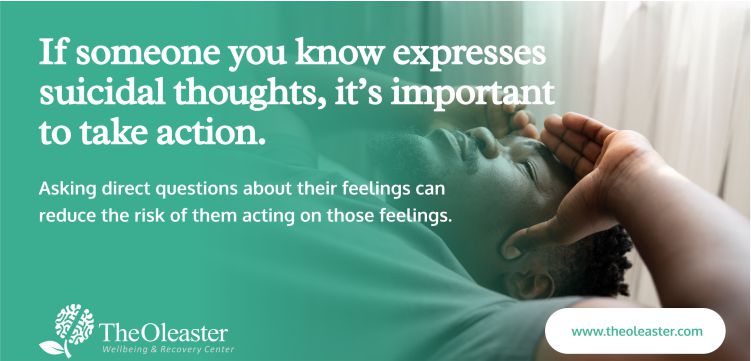
Warning Signs
These signs may indicate that a suicide attempt is close:
• Direct threats to hurt, self-harming or kill oneself
• Looking for a way to commit suicide, for example, buying a gun or stockpiling pills
• A focus on death–either by talking, writing, drawing, or posting online about death or suicide; listening to music or looking at websites related to death
• Having a plan for an attempt; generally, the more detailed the plan, the higher the risk
• Behaviours and moods associated with depression as described
• A change in personality or mood–including suddenly becoming happy or calm after being sad
• Neglect of appearance or cleanliness
• Doing risky or self-destructive things
• Giving away meaningful belongings
• Taking care of end-of-life affairs, such as making a will, or getting life insurance in order
• Saying goodbye to friends and loved ones
Help someone in need. Contact Us for Support
to find out how we can assist in suicide prevention.
Prevention Strategies
There are many strategies individuals can adopt to reduce their risk of suicide, including:
1) Practicing gratitude
2) Staying connected with loved ones
3) Engaging in physical activities
4) Seeking professional help when needed.
In Abuja and throughout Nigeria, access to mental health care is improving, and support is available for those willing to take the first step.
You are not alone.
Get Help Now to explore mental health care options in Abuja.
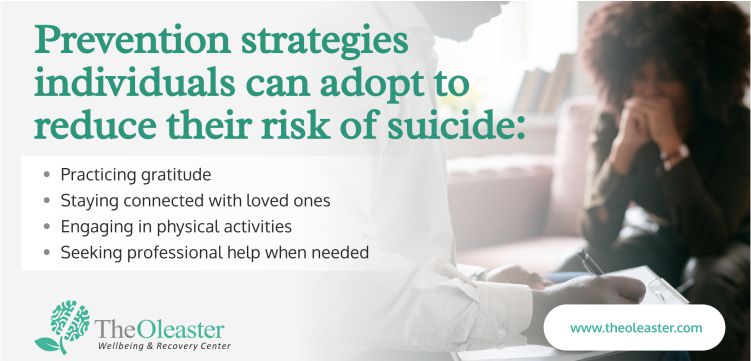
It's also important to confide in friends or family, track your mood, and engage in self-care activities. Learning relaxation techniques and staying aligned with your life’s purpose can also help maintain mental balance and reduce stress.
Action Steps
If someone you know expresses suicidal thoughts, it’s important to take action. Asking direct questions about their feelings can reduce the risk of them acting on those feelings. By showing concern and connecting them with the right resources, you can make a significant difference in their life.
Start the conversation today.
The first step is by asking the right questions to find out if the person is in danger of acting on feelings about suicide. Be sensitive, but ask direct questions, such as:
• How are you coping with what's been happening in your life?
• Do you ever feel like just giving up?
• Are you thinking about dying?
• Are you thinking about hurting yourself?
• Are you thinking about suicide?
• Have you ever thought about suicide before or tried to harm yourself before?
• Have you thought about how or when you'd do it?
• Do you have access to weapons or things that can be used as weapons to harm yourself?
Reach Out to learn how you can support someone struggling with suicidal thoughts.
Other steps include staying with the person, reducing access to dangerous items, and ensuring they are not alone during a mental health crisis. Connecting them to professional help, whether it's a mental health expert or a trusted family member, is key to getting the right support.
Be part of the solution. Book a Consultation to get help for someone in crisis.
Conclusion
Suicide prevention is everyone’s responsibility. Small, timely actions can save lives. Whether you’re seeking help for yourself or trying to support a loved one, it's never too late to take action. By fostering a culture of openness and compassion, we can make a difference in reducing the suicide rates in Nigeria, especially in communities like Abuja.
Take the first step. Contact Us Today for professional mental health care.
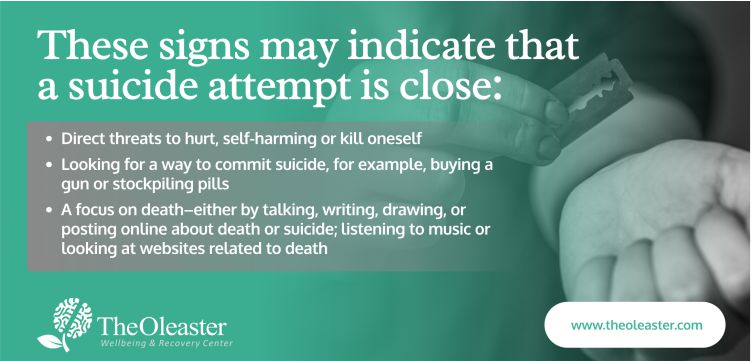
Tags: Behavioral Cognitive Therapy, Drug and Alcohol Detoxification, Dual Diagnosis Treatment, Smoking Cessation Services, Intensive Outpatient Treatment Services, Intensive Outpatient Rehab Center, Residential Treatment Center, Lifestyle and Wellness Medical Center, Opioid Addiction Treatment, Sleep Apnea Treatment, Center for Behavioral Health , Holistic Drug Rehab Center